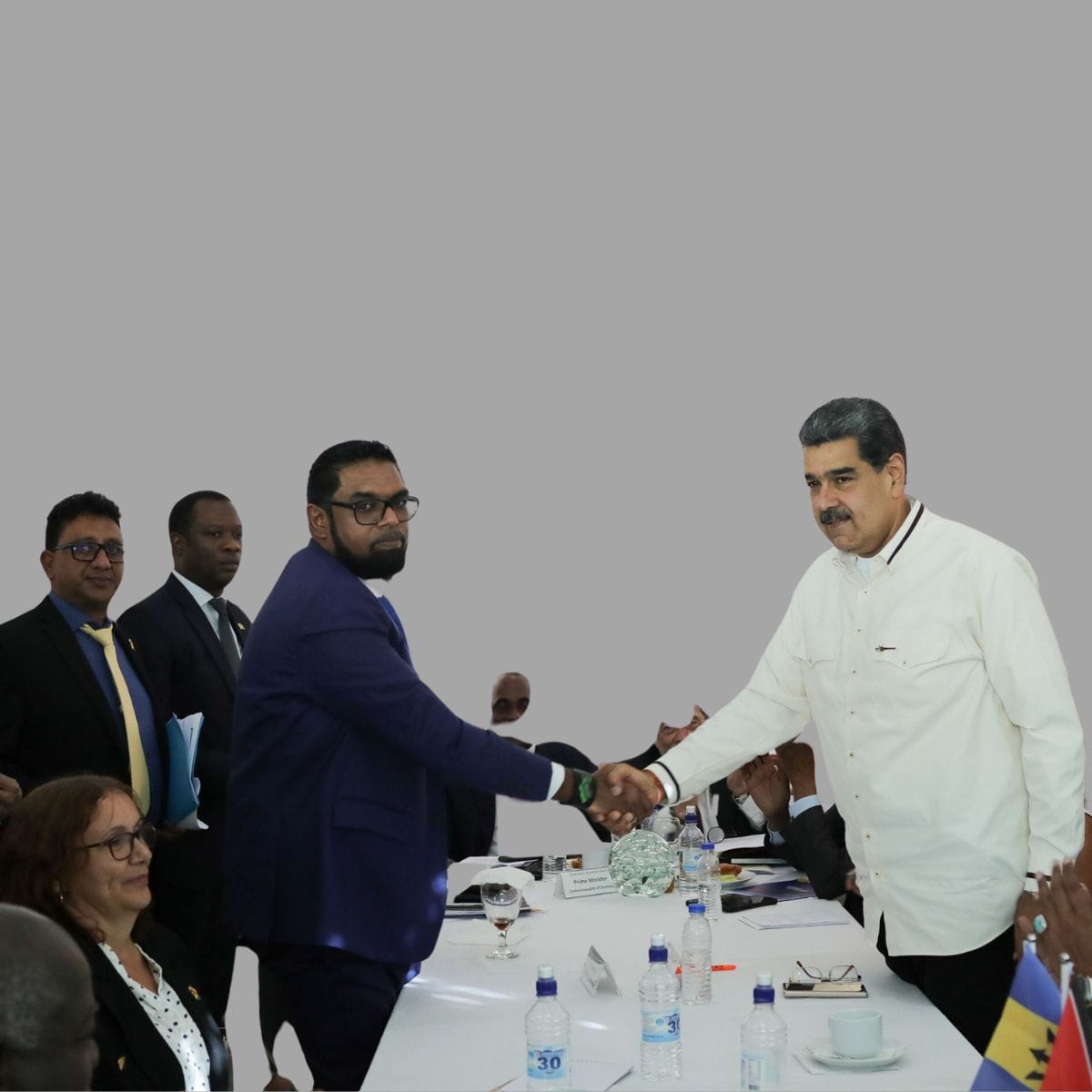
On December 15, 2023, Guyana and Venezuela reached a peaceful resolution for their longstanding border conflict over the Essequibo region.
Key Points
- Essequibo, constituting over half of Guyana’s land, has been a source of contention since the 1800s when both nations were European colonies.
- Tensions escalated in 2013 when Guyana permitted ExxonMobil to explore offshore oil and gas reserves near Essequibo, leading to significant fossil fuel discoveries.
- Guyana’s economy, dependent on agriculture and mining, underwent a seismic shift as oil and gas now contribute nearly 50% of its GDP.
- Experts project Guyana to be one of the world’s highest per capita producers and income countries by 2030 due to its newfound oil wealth.
Why in the News?
The resolution of the Guyana-Venezuela land dispute is significant due to its potential to avert military escalation, highlighting the geopolitical implications of newly discovered natural resources.
The Issue
The dispute over Essequibo, fueled by historical claims and economic interests, became more pronounced in 2013 with the exploration of oil and gas reserves. Venezuelan President Nicolas Maduro’s alleged political maneuvers added a layer of complexity to the issue.
News
On December 15, 2023, Guyana and Venezuela, after centuries of disagreement, agreed to settle their border dispute over the Essequibo region peacefully. This resolution alleviates fears of military escalation and marks a crucial development in the geopolitical landscape.
The origins of the dispute lie in historical claims to the sparsely populated Essequibo area, exacerbated in 2013 with ExxonMobil’s exploration, leading to substantial oil and gas discoveries.
This economic shift transformed Guyana into the world’s fastest-growing economy in 2020, with projections of continued growth. The resolution underscores the impact of natural resource discoveries on regional significance and the potential for economic prosperity, tempered by geopolitical challenges and global uncertainties.
Relevant Questions From Exam Point Of View
- What were the historical origins of the land dispute between Guyana and Venezuela over the Essequibo region?
- How did the exploration of oil and gas reserves near Essequibo in 2013 contribute to the escalation of tensions between the two nations?
- Can you elaborate on the economic implications for Guyana, particularly the shift from agriculture and mining to oil and gas, and its impact on GDP?
- What are the geopolitical factors involved in the dispute, and how has Venezuelan President Nicolas Maduro’s alleged political maneuvering influenced the situation?
- What are the projections for Guyana’s economic growth in 2023 and beyond, considering the newfound oil wealth?
- How might the resolution impact the global perception of Guyana and its potential role as one of the highest per capita producers and income countries by 2030?
- What lessons can be drawn from this dispute regarding the influence of natural resource discoveries on a region’s economic and political significance?



Leave a Reply